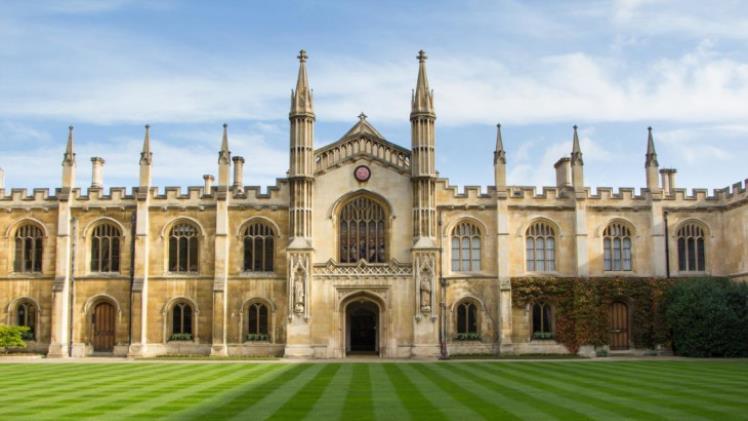As the summer arrives slowly, students prepare to complete their final exams, and work their way towards moving onto the next step in their academic journey. For some students, this step up is a lot bigger than the rest, with students preparing to move onto A levels, or leave the comfort of their homes to begin their life at university. Embarking on this journey is always an exciting and transformative experience. For aspiring students looking to pursue their dreams in the UK, it is essential to understand the qualifications that are required to secure a place in a university in the United Kingdom. The British higher education system is known for its academic excellence and offers a diverse range of programmes across the board. Below is a guide that goes into more detail on what qualifications are needed to secure a place in a UK university, as advised by one of the best sixth forms in North London.
GCSEs
The first step to beginning the journey towards being accepted into a university in the United Kingdom, is by completing the foundation of educational qualifications, which begins with the General Certificate of Secondary Education, also known as GCSE. These are typically taken at the age of 16, with GCSEs covering a wide range of subjects, which includes English, maths, science and humanities. Universities, especially the most prestigious ones, often require students to have acquired and passed a minimum number of GCSEs, in some cases, having expectations to achieve particular grades too. These qualifications create a solid foundation for higher education institutions, and are a great indicator when it comes to assessing academic abilities.
A levels
Advanced Levels, also known as A levels to most, are the next step in the UK qualification ladder, and are typically offered and taken by students between the ages of 16 and above. A levels are well known for their drastic jump in learning, being solely responsible for preparing students for a future of higher education or the workforce. It offers an in-depth study in specific subjects chosen by the student, and is crucial when it comes to gaining admission to UK universities. Students will usually choose 3 or 4 A levels to complete over a 2-year period, with them having a relation to their desired field of study. A levels are seen as extremely important to universities and are well known for providing a more specialised base of knowledge. The final grades acquired by students in A levels are critical when it comes to securing a space in a university in the UK.
Access to higher education diploma
For those few individuals who have been out of education for a while, or lack the traditional qualifications needed to get into university, the Access to higher education diploma offers a different route to university. This qualification is specifically designed for more mature students and provides a focused study programme in their desired field of study. Access to higher education diplomas are widely accepted by UK universities and can serve as a valid entry route for those who possess non-traditional educational qualifications.
Additional requirements
In addition to the traditional qualifications mentioned above, some universities may have additional entry requirements. These may include interviews, entrance exams, portfolio submissions, or personal statements that outline motivation and suitability for the desired course. It is vital to complete research for individual university requirements and seek guidance from teachers and counsellors.
Securing a place at a UK university is an achievement that opens many doors and a wealth of opportunities for personal and academic growth. By understanding the qualifications needed, you can confidently navigate your way down the path towards higher education in the UK.

